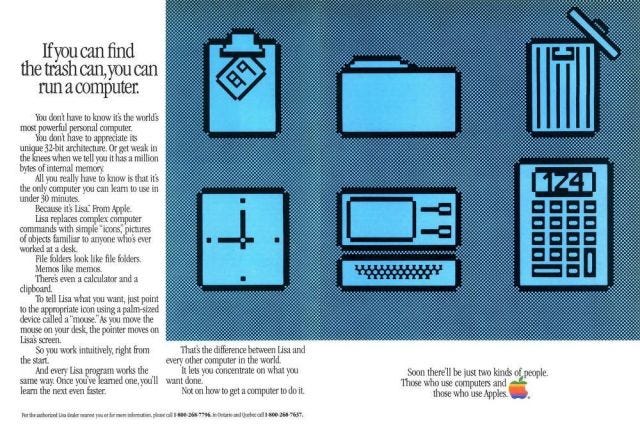letter ten: doing things efficiently and doing nothing at all
"I’m suggesting that we protect our spaces and our time for non-instrumental, non-commercial activity and thought, for maintenance, for care, for conviviality. And I’m suggesting that we fiercely protect our human animality against all technologies that actively ignore and disdain the body, the bodies of others, and the body of the landscape that we inhabit." - Jenny Odell, How to do nothing
Dear friends,
Over the last few months, it feels like I have both been working a lot and also not working at all. One focus of this summer has been developing professional development workshops with Julia on 8th grade identity curriculum for MA teachers, but now that we're entering into our last set of workshops this week, it feels like there's a little more breathing room.

Remember when computers were supposed to save us time? (via Design Twitter)
While working a lot, I've been reading about doing nothing and resisting the attention economy (highly recommend), as well as reading fiction about a woman my age resting and relaxing for a whole year. When I'm not attempting to do nothing (which involves taking more walks and trying yin yoga), I have also been trying to quantify and minimize my life admin. And I'm not 30 (yet!) but I loved the Healthyish guide to your 30s anyway.

Also remember when computers were supposed to be easy to use? (via Design Twitter)
In a related effort to work more quickly, I've been trying to gut books like AHP and make spreadsheets as I read for a lit review on creativity and assessment Karen and I are working on. Some favorite things I've read:
"Assessment in art is notoriously difficult and is probably best approached with skepticism. After all, the aim is to encourage the not yet imagined." (Graham, 2019)
“The road to banality is paved with creative intentions. Surprise is not easily defined. It is the unexpected that strikes one with wonder or astonishment. What is curious about effective surprise is that it need not be rare or infrequent or bizarre and is often none of these things. Effective surprises … seem rather to have the quality of obviousness about them when they occur, producing a shock of recognition following which there is no longer astonishment.” (Bruner, 1962)
Other things I loved recently: drawing horses. Debugging resources. Eleanor Oliphant is Completely Fine. The Bachelorette trash fire. Superstore.
And finally, I was looking for the Skeptical Assessment Society lecture by Olivia Gude (2014) but found a different piece she wrote that same year, called "You Belong Here." I loved the whole piece, but particularly the ending:
"Shaming, de-legitimizing discourses are attempts to police the borders of the possible. They are attempts to extract consensus and enforce various forms of conformity at the very price of admission to public dialogue. Each of you can replay in your own heads stories of being disciplined and ashamed---you have been called too loud, too naive, too intellectual, too bitchy...So please, call these terms out in celebration. Be forceful, innocent, smart, and tough. Be fully present. Affirm the idiosyncratic choices through which you do your work in the world. Remember that no matter what anyone says: "You belong here."
What have you been doing/reading/watching? How do you make time for nothing?
Much love,
P.


